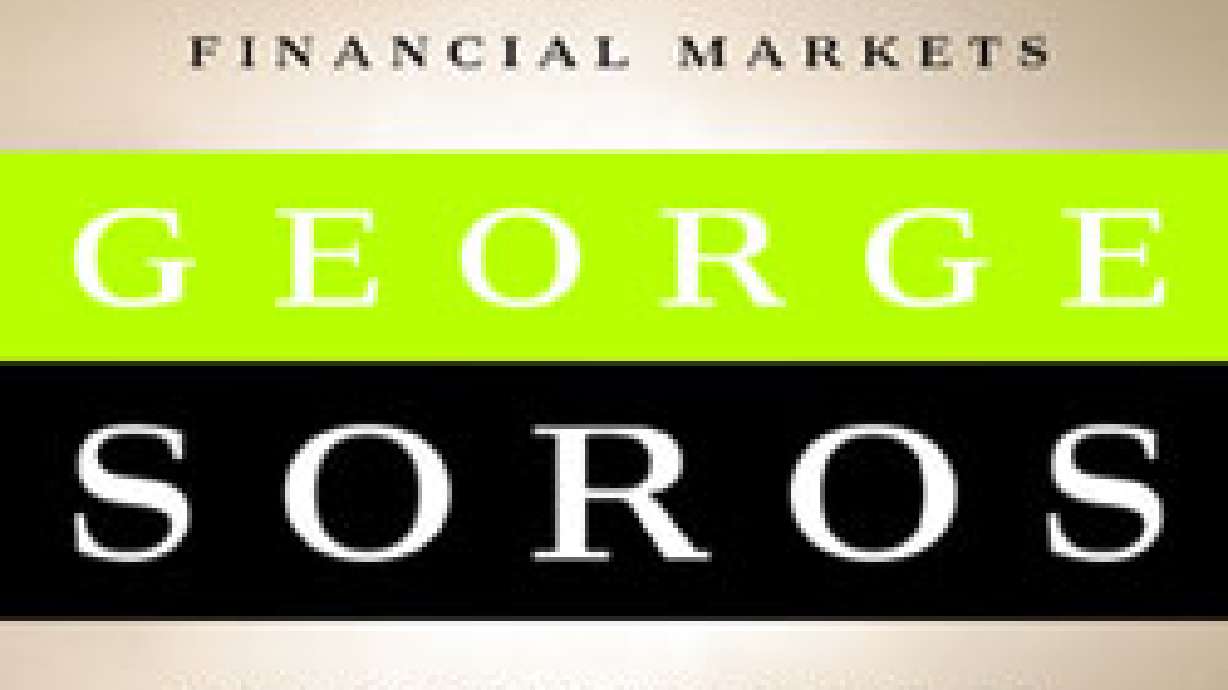Estimated read time: 2-3 minutes
This archived news story is available only for your personal, non-commercial use. Information in the story may be outdated or superseded by additional information. Reading or replaying the story in its archived form does not constitute a republication of the story.
There are a lot of problems with this book. The first one is that the first half of the book is not about the credit crisis. It's about a philosophy Soros has been proposing for many years called reflexivity. Reflexivity looks at the relationship between thinking and reality. Its application to markets is basically that markets go up (or down) when people get excited about buying stocks or selling stocks, and not based (at least not wholly) on any objective value of the stock or the market as a whole. It's an interesting concept, but didn't we already know that the markets are emotional? Plus, Soros spends too much time complaining about how nobody has taken him seriously as a philosopher. I counted no fewer than 10 times in the book that he complained about reflexivity not being addressed by serious people. Me think he doth protest too much.
The second half of the book is actually about the current credit crisis. It blames the real estate bubble on Alan Greenspan and explains how his keeping the rate at 1 percent for too long led to the housing bubble. The problem with these chapters is they were written in or before April of this year. He couldn't have known then how global the crisis would become, which is probably why he predicted it would not become global.
Soros does say some interesting things in the book. I don't regret reading it. He says things like, "the more an investment thesis is at odds with the generally prevailing view, the greater the financial rewards one can reap if it turns out to be correct." Also, "Ideologies that promise absolute certainty are bound to be wrong." Hum. And books that offer to explain a crisis before it has unfolded are usually wrong, too.
Even imperfect books can offer something of interest. Don't put it on the top of your list, but if someone shares a copy with you, you may find some interest in The New Paradigm for Financial Markets: The Credit Crisis for 2008 and What It Means by George Soros.








